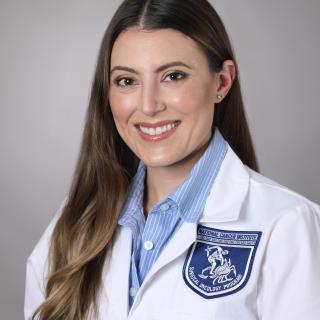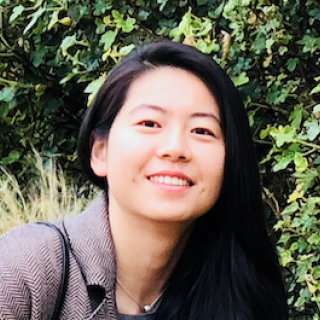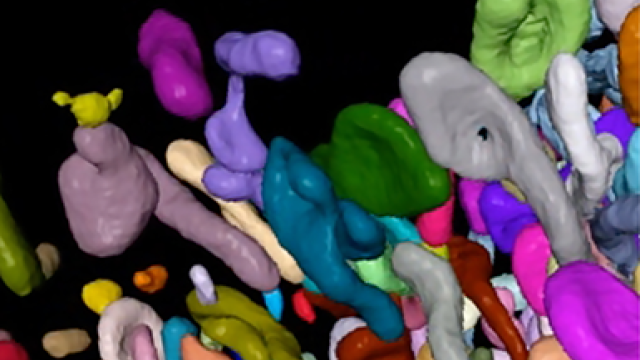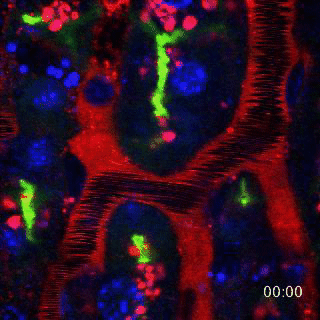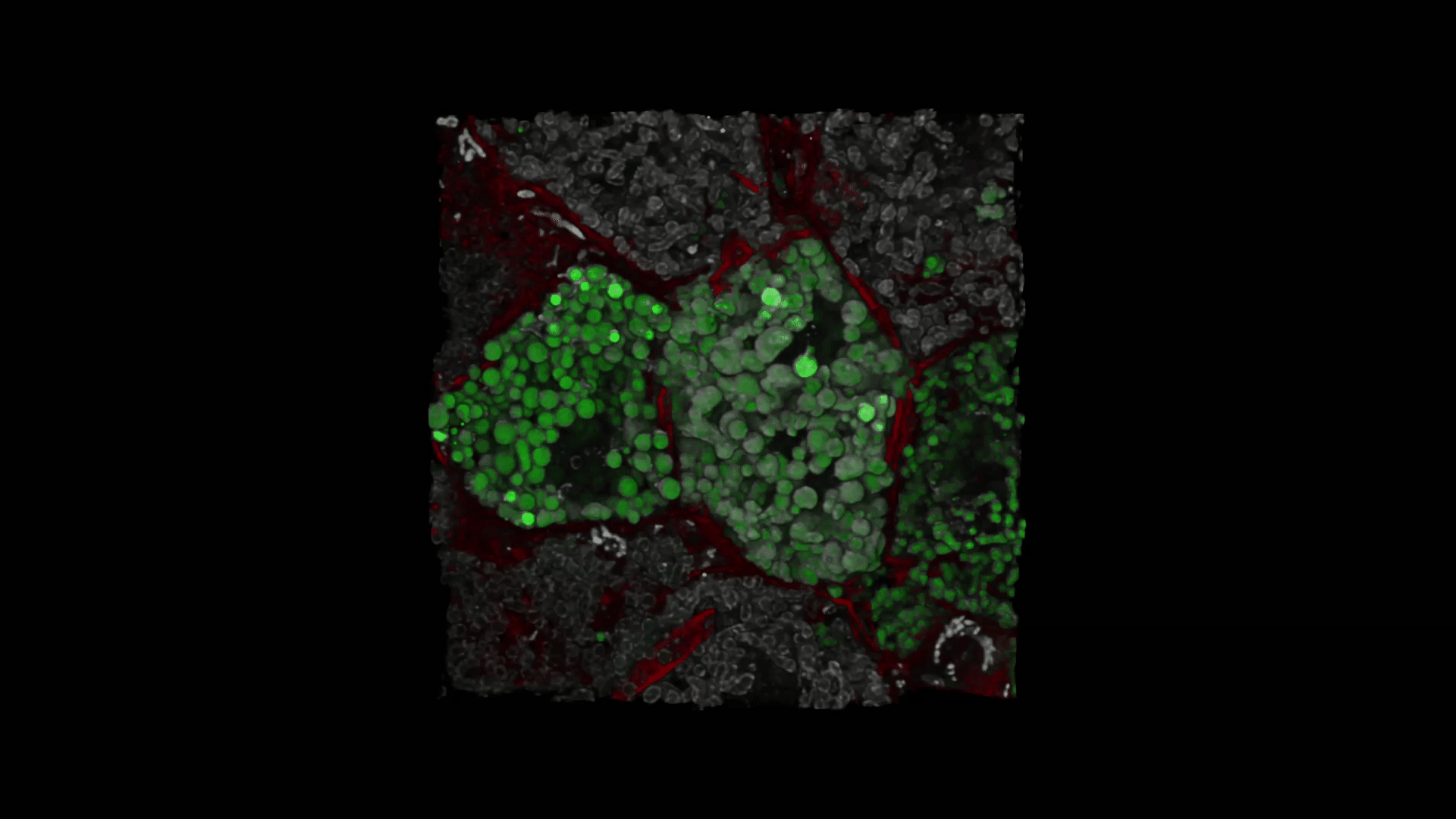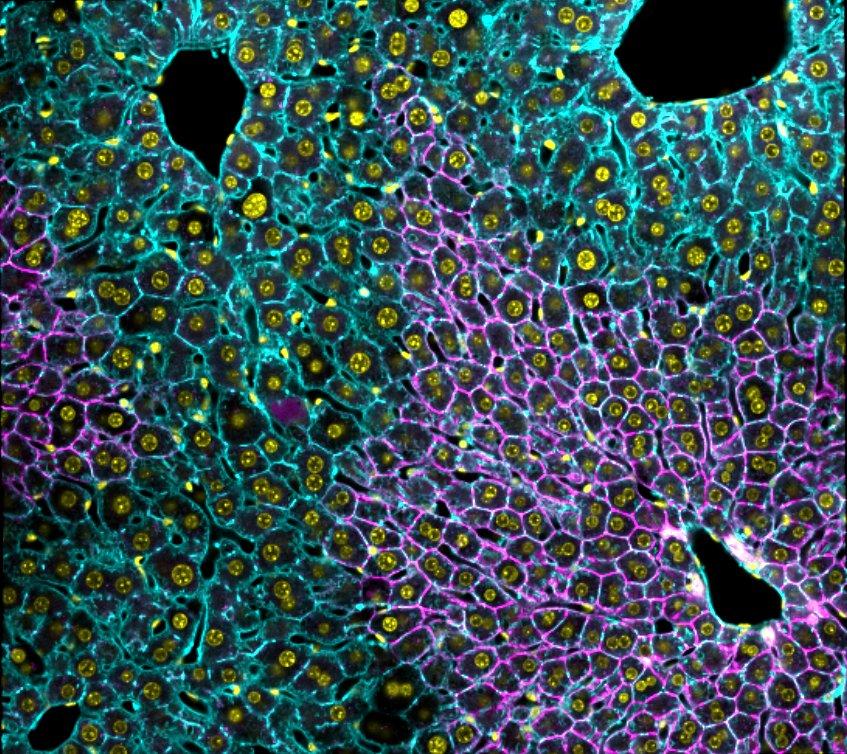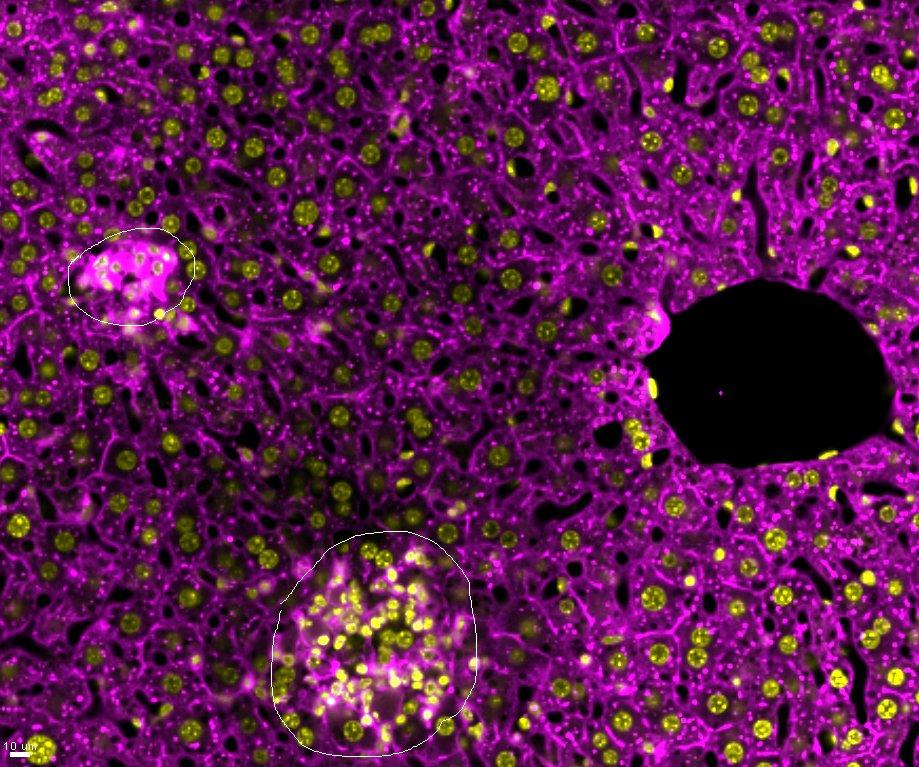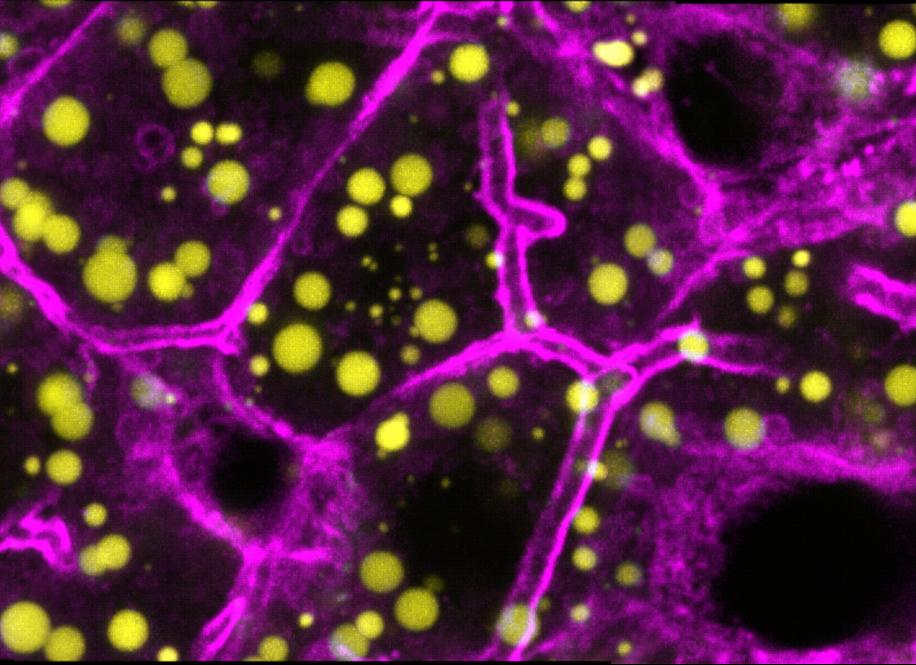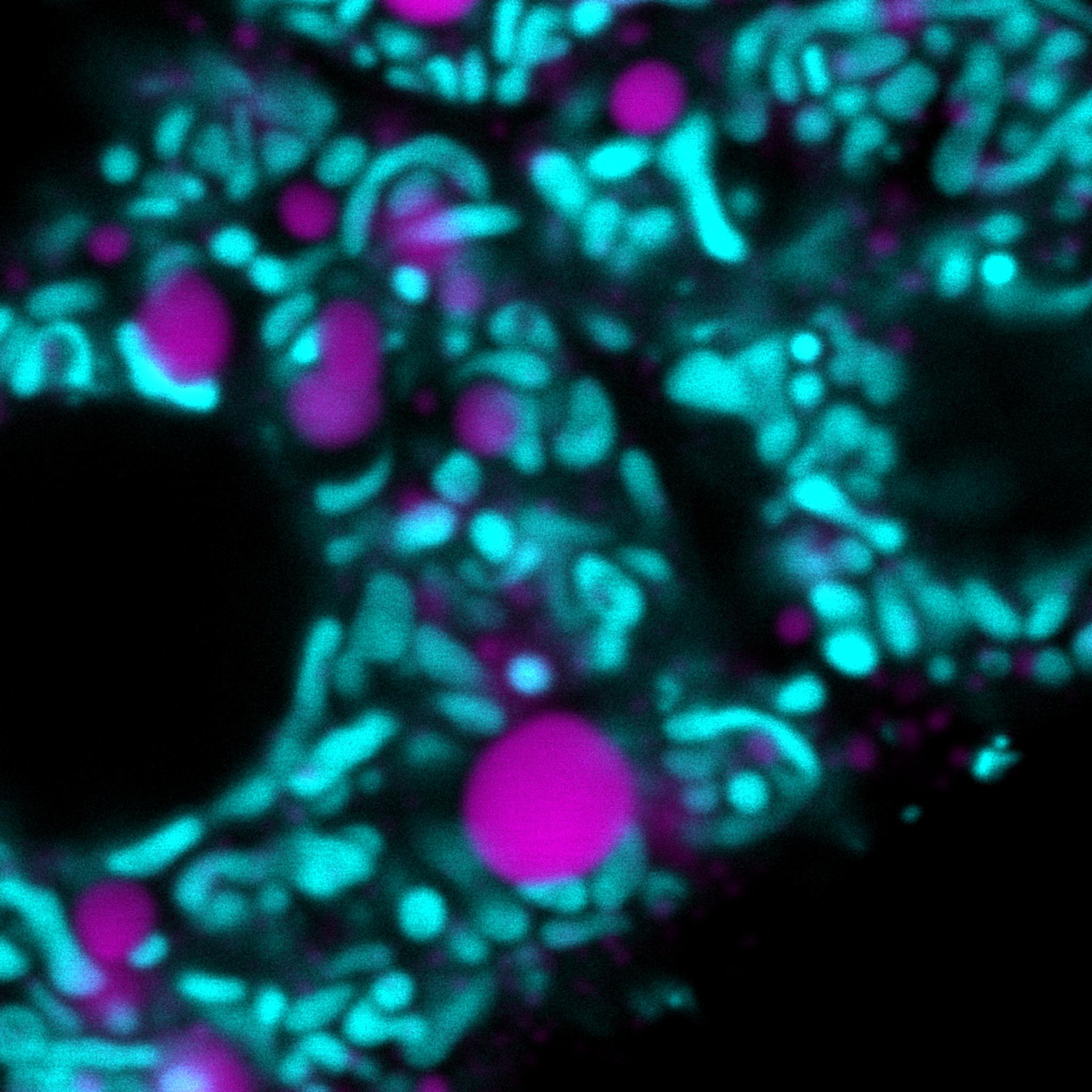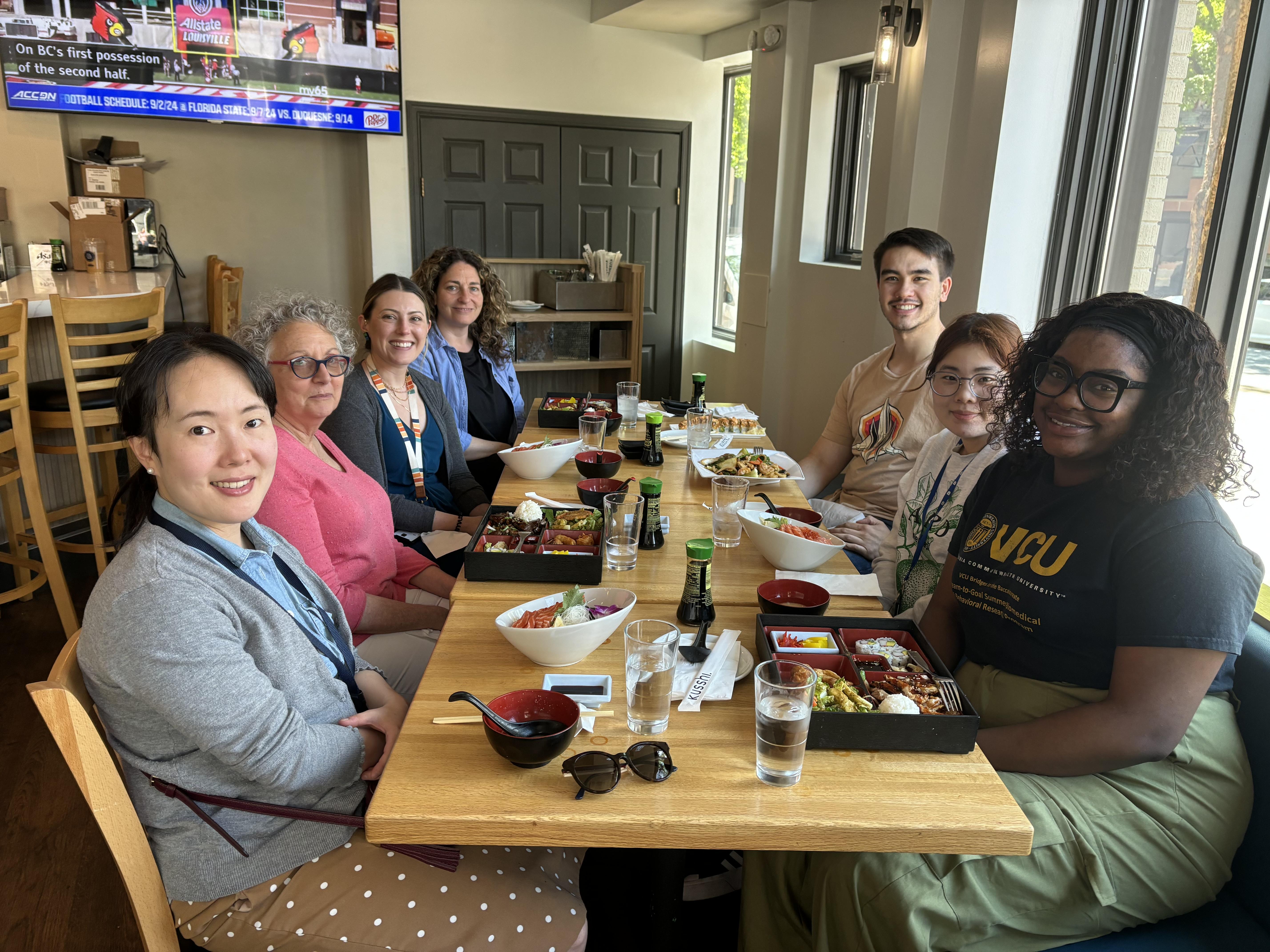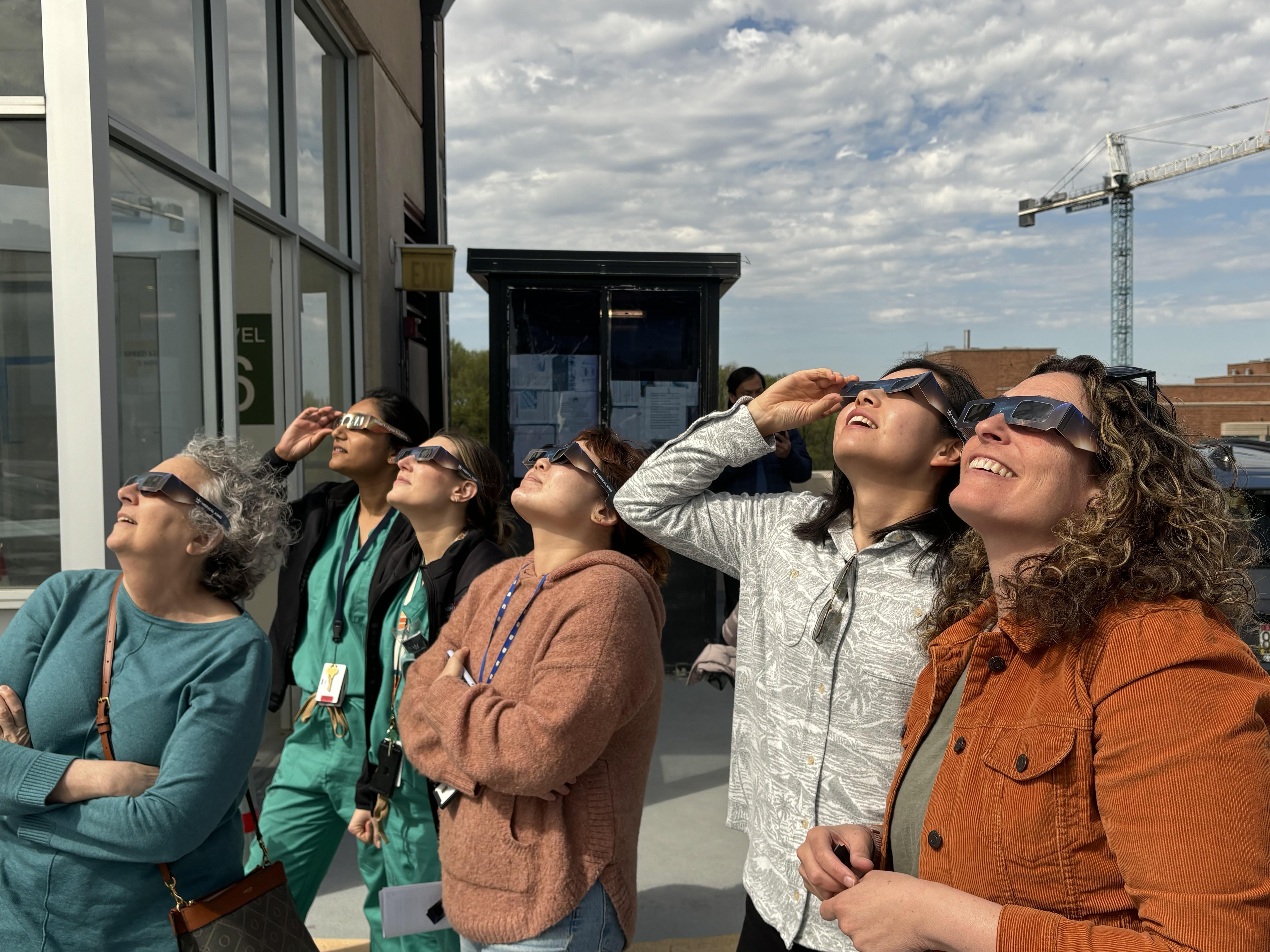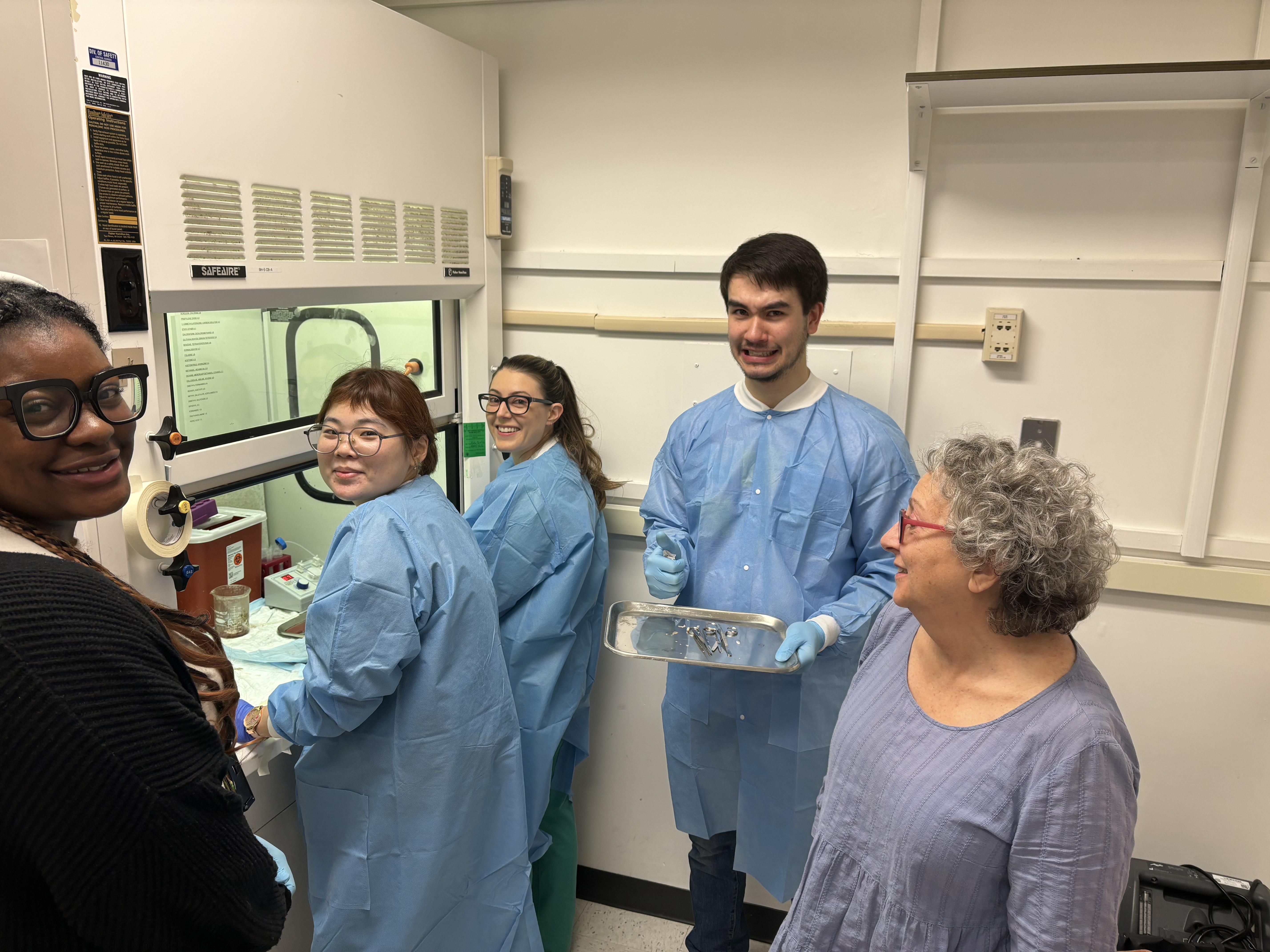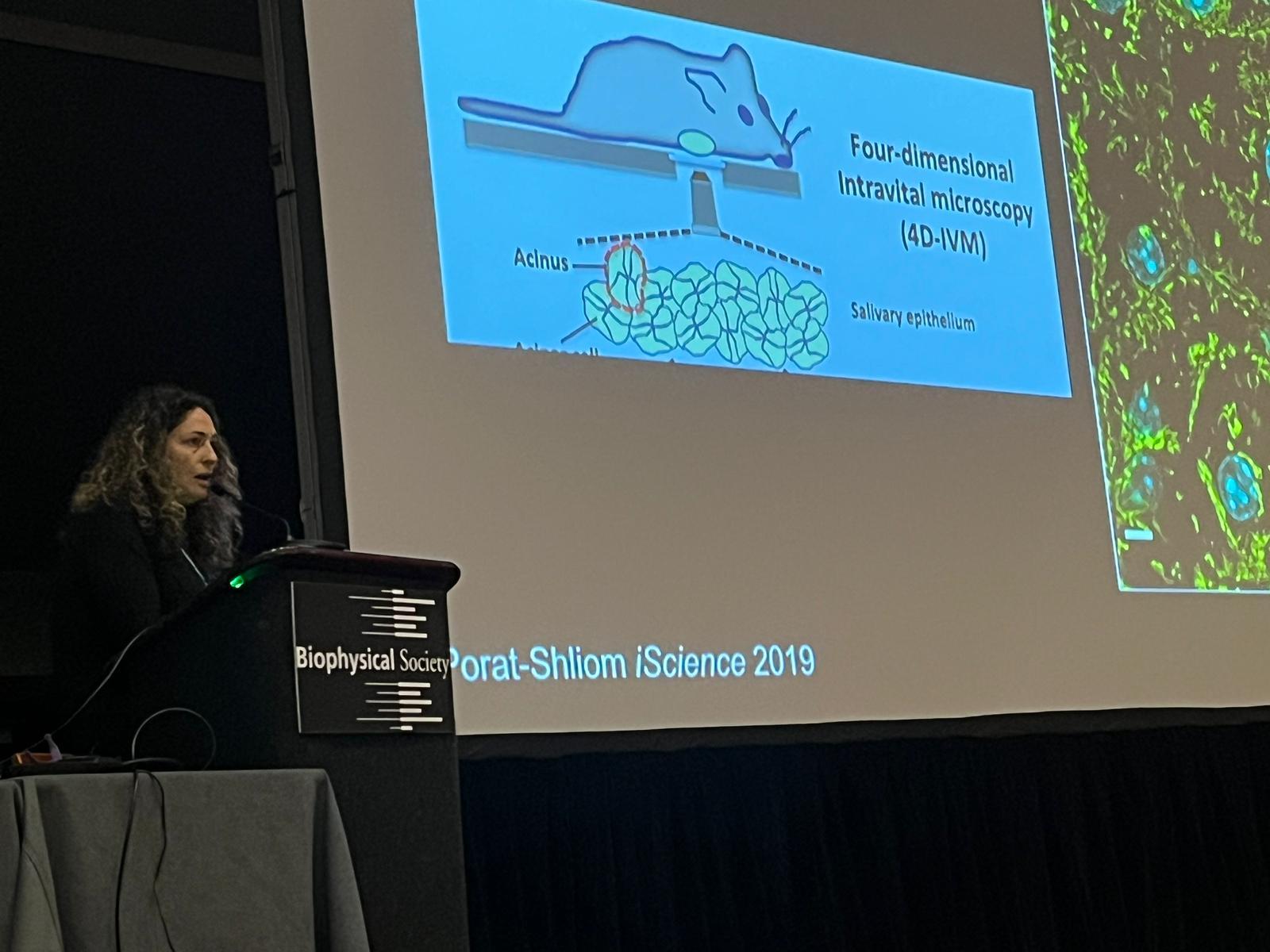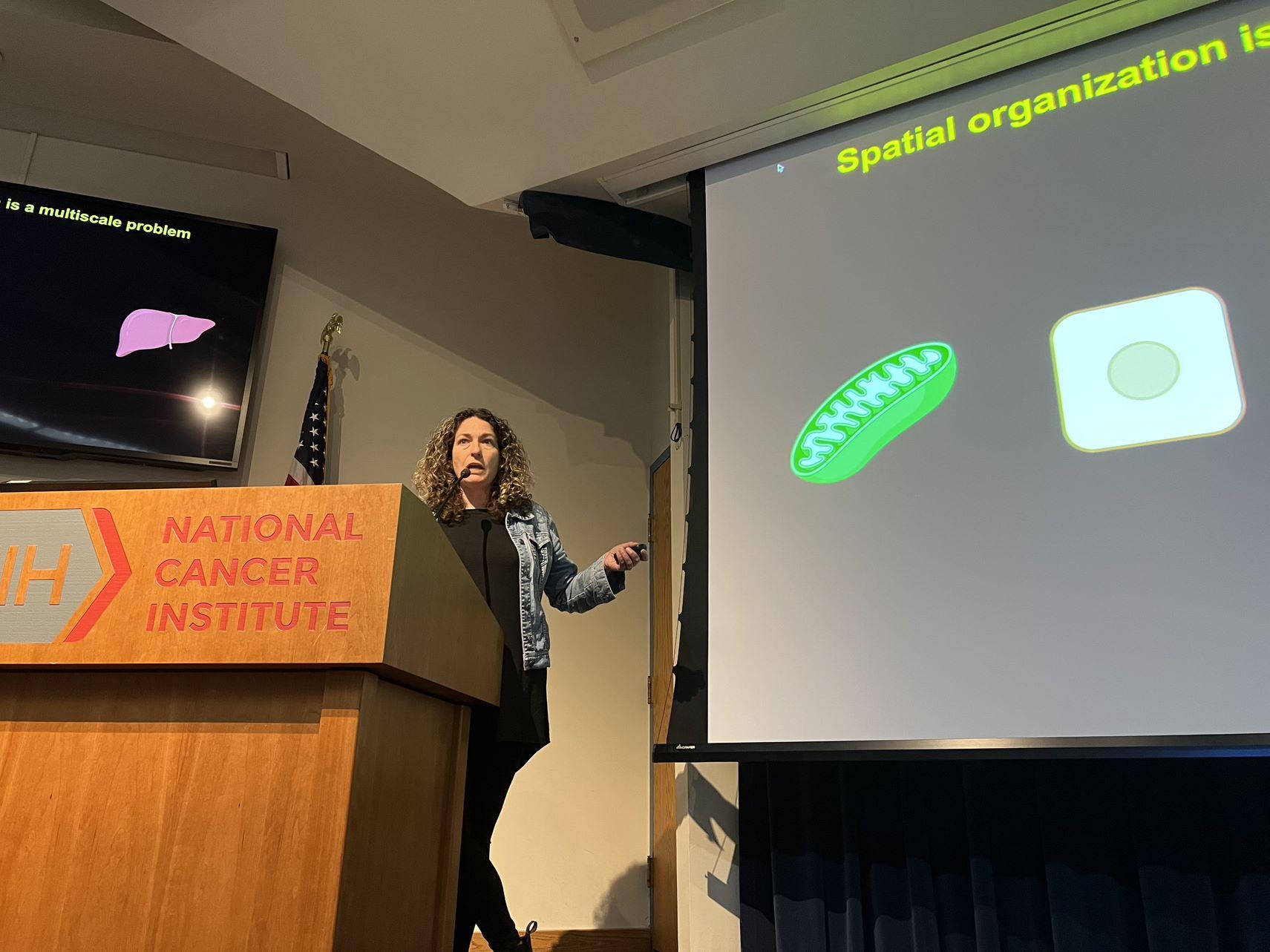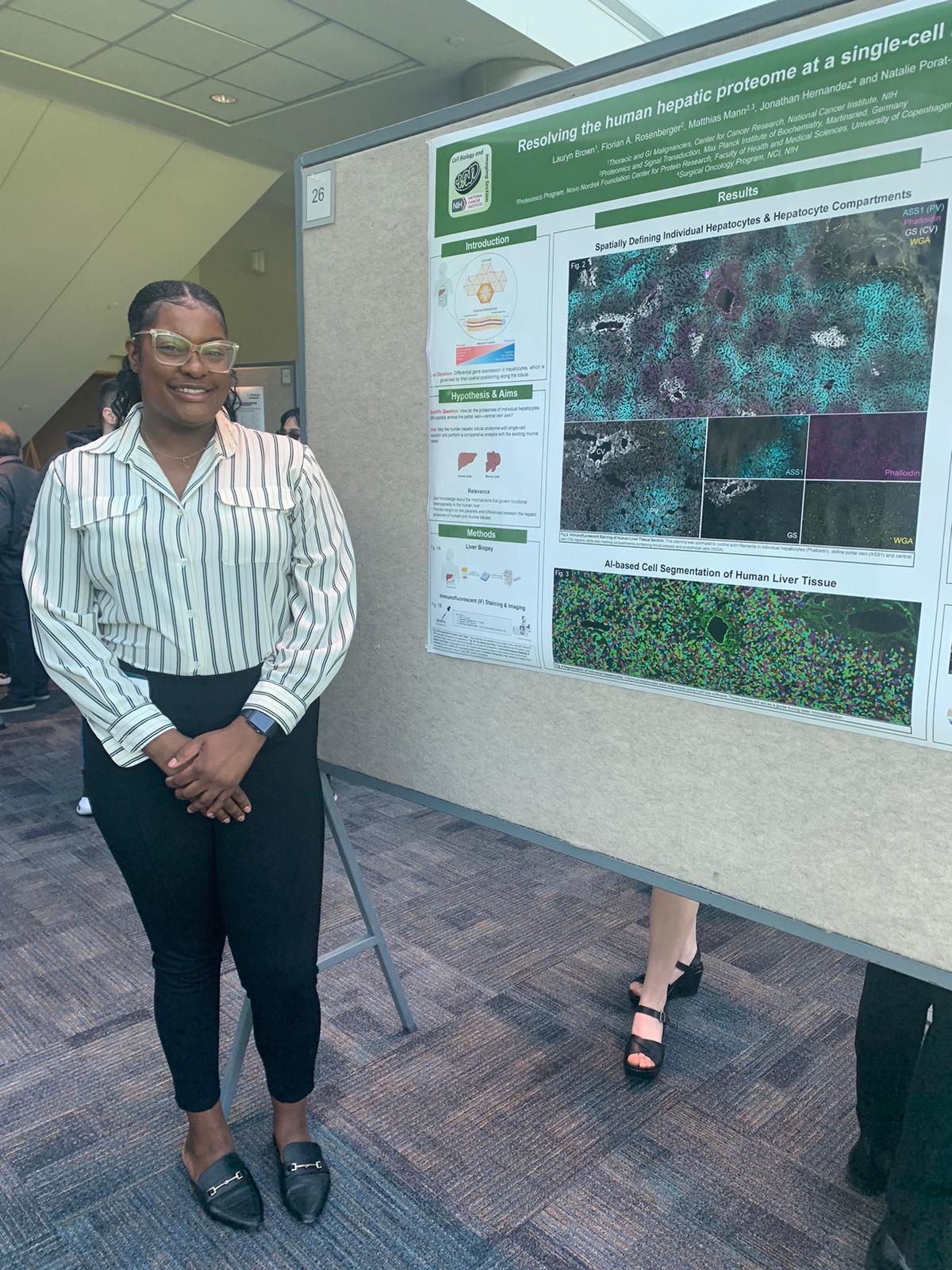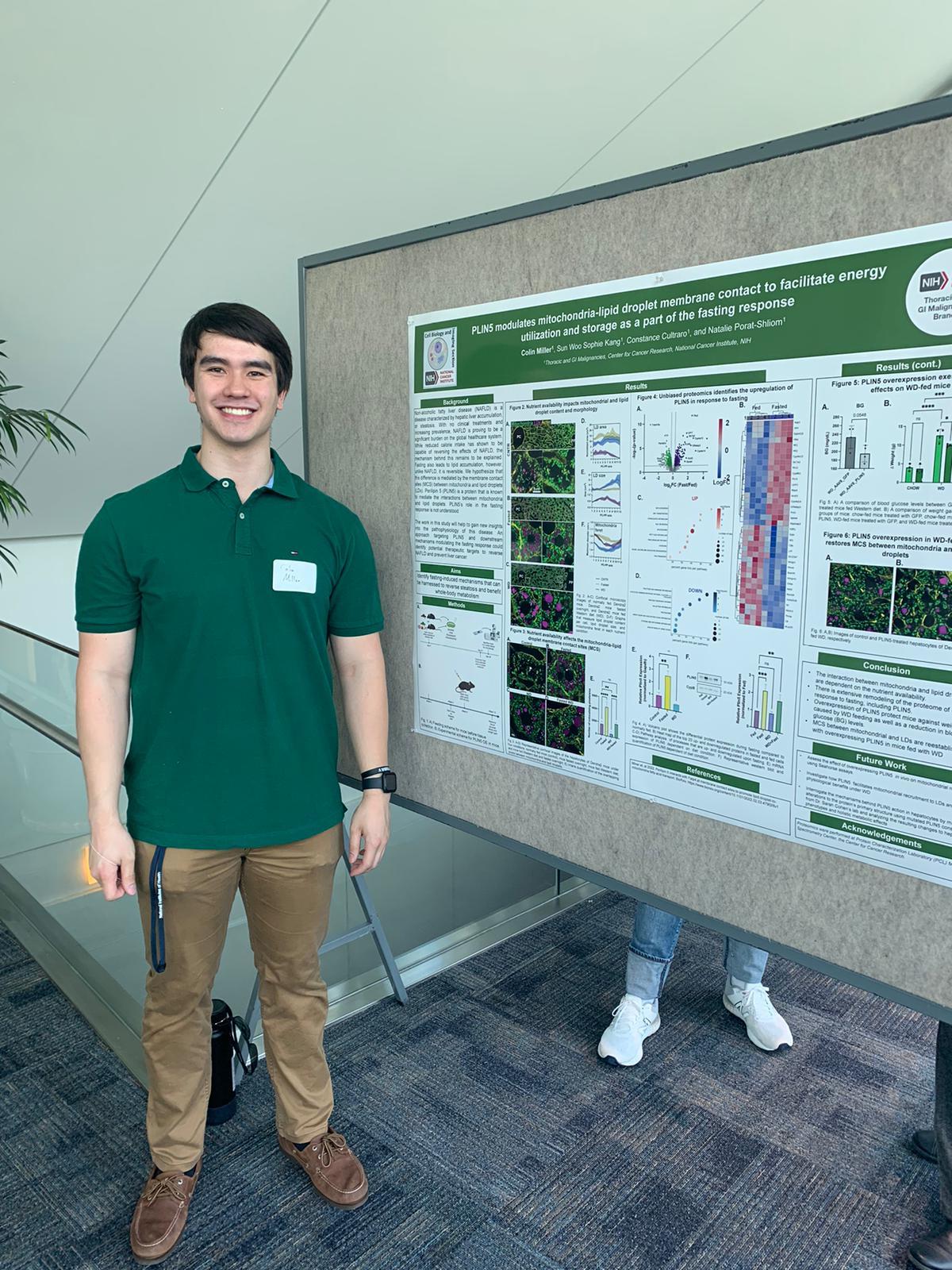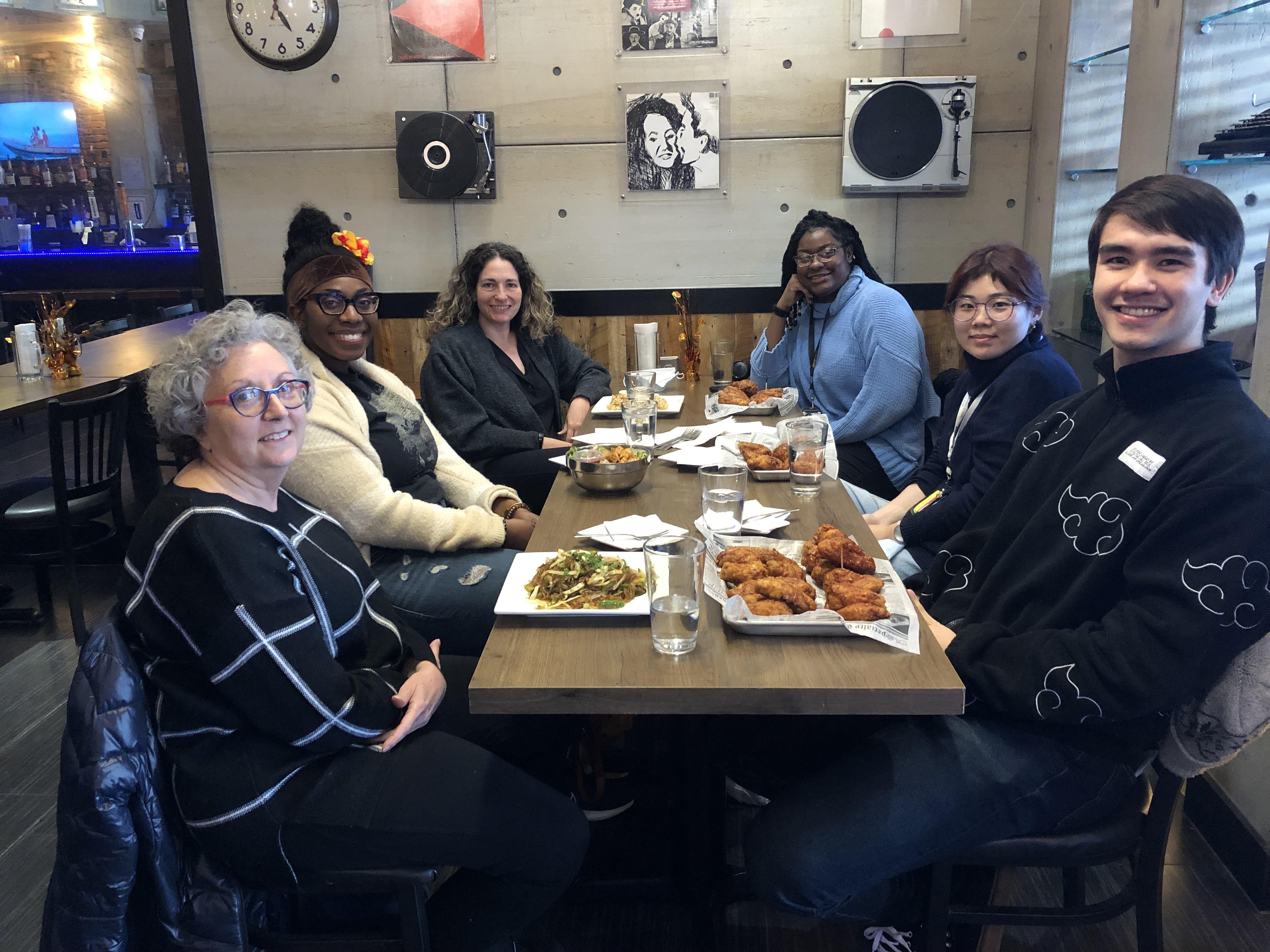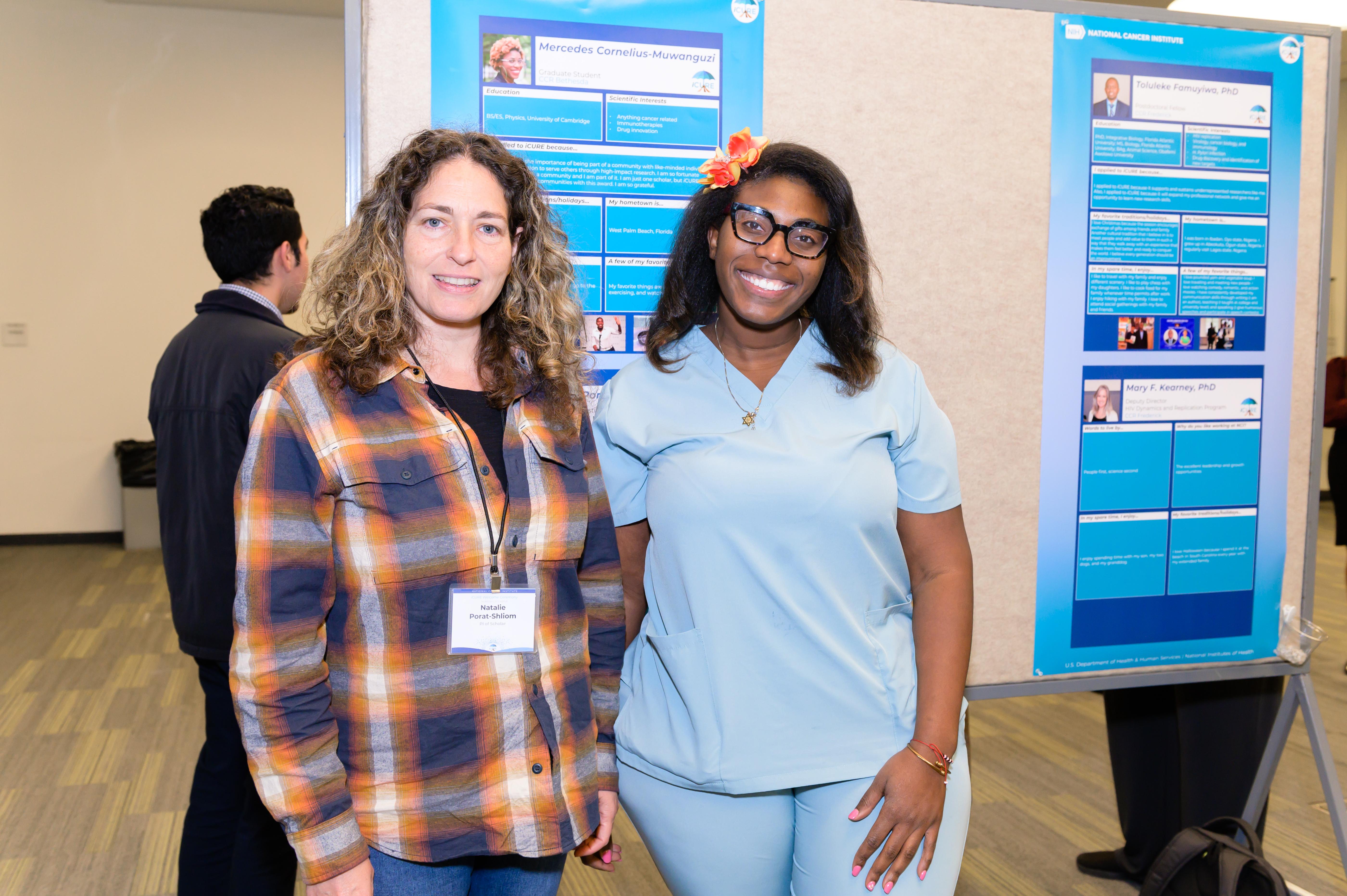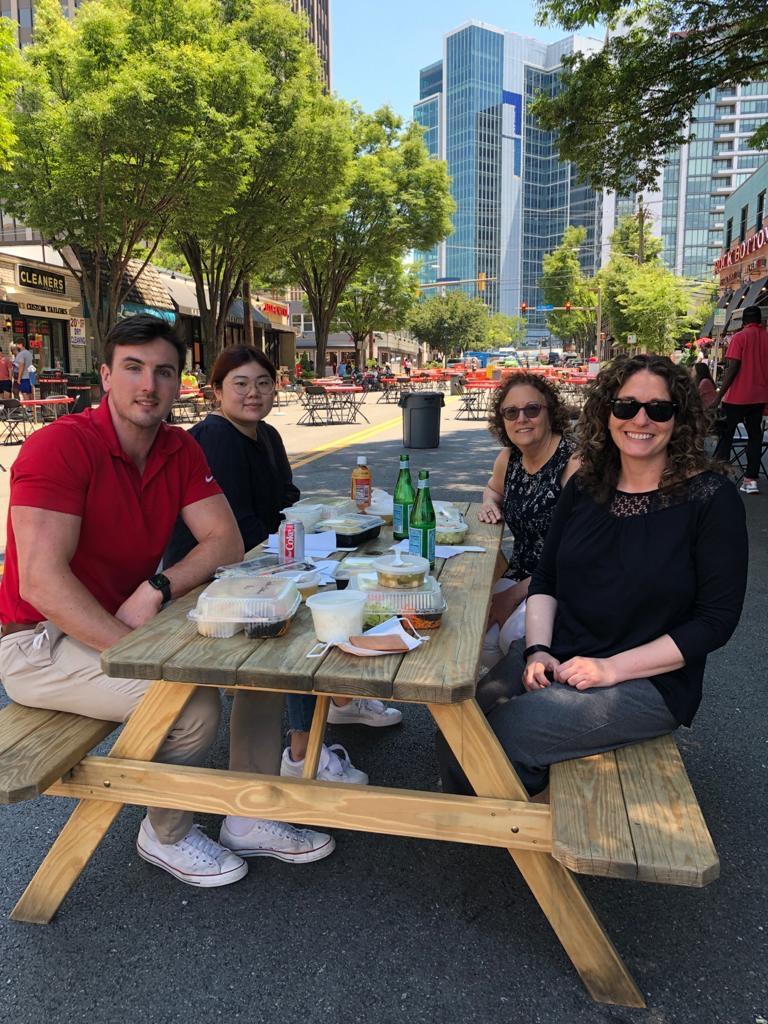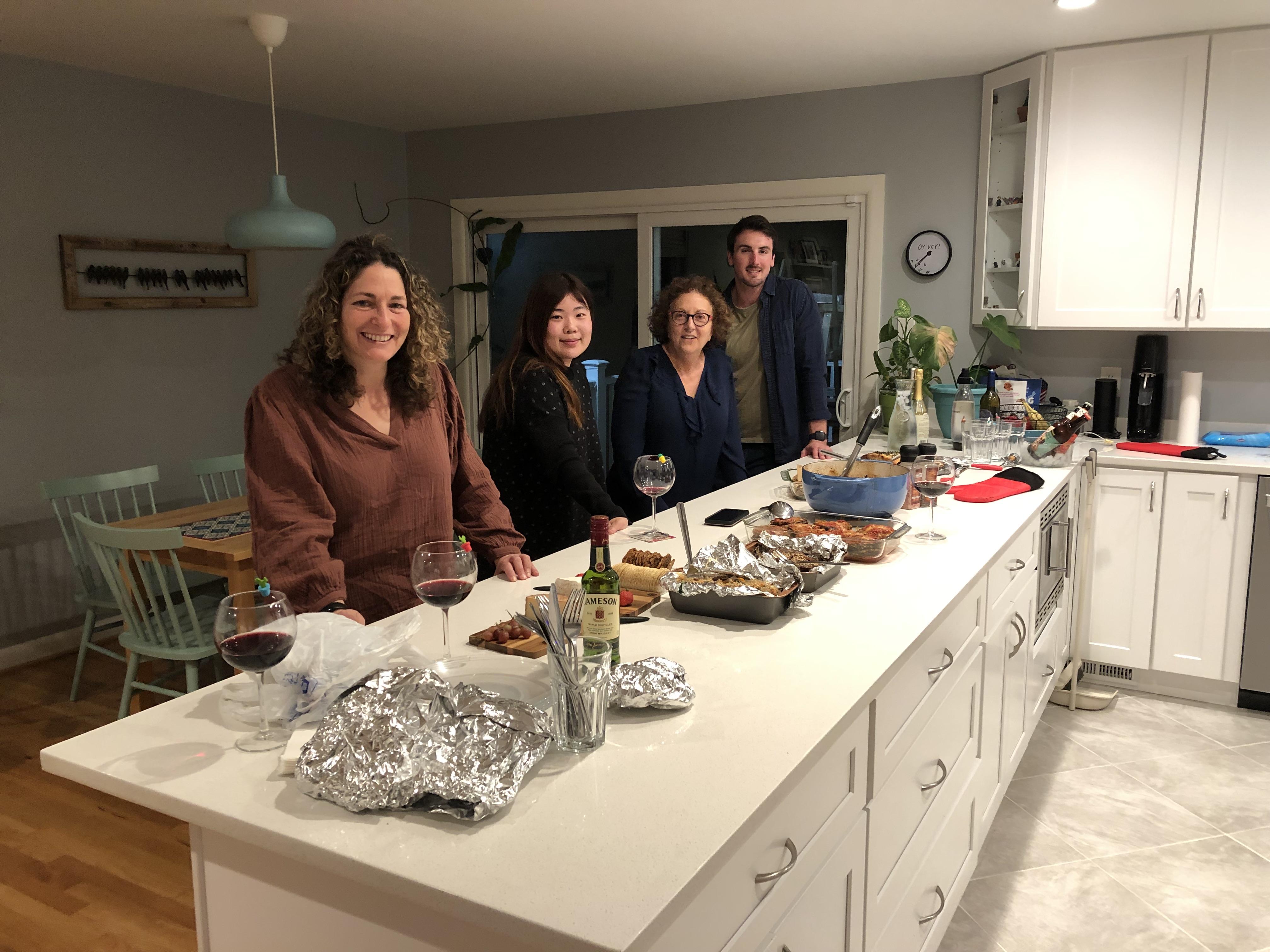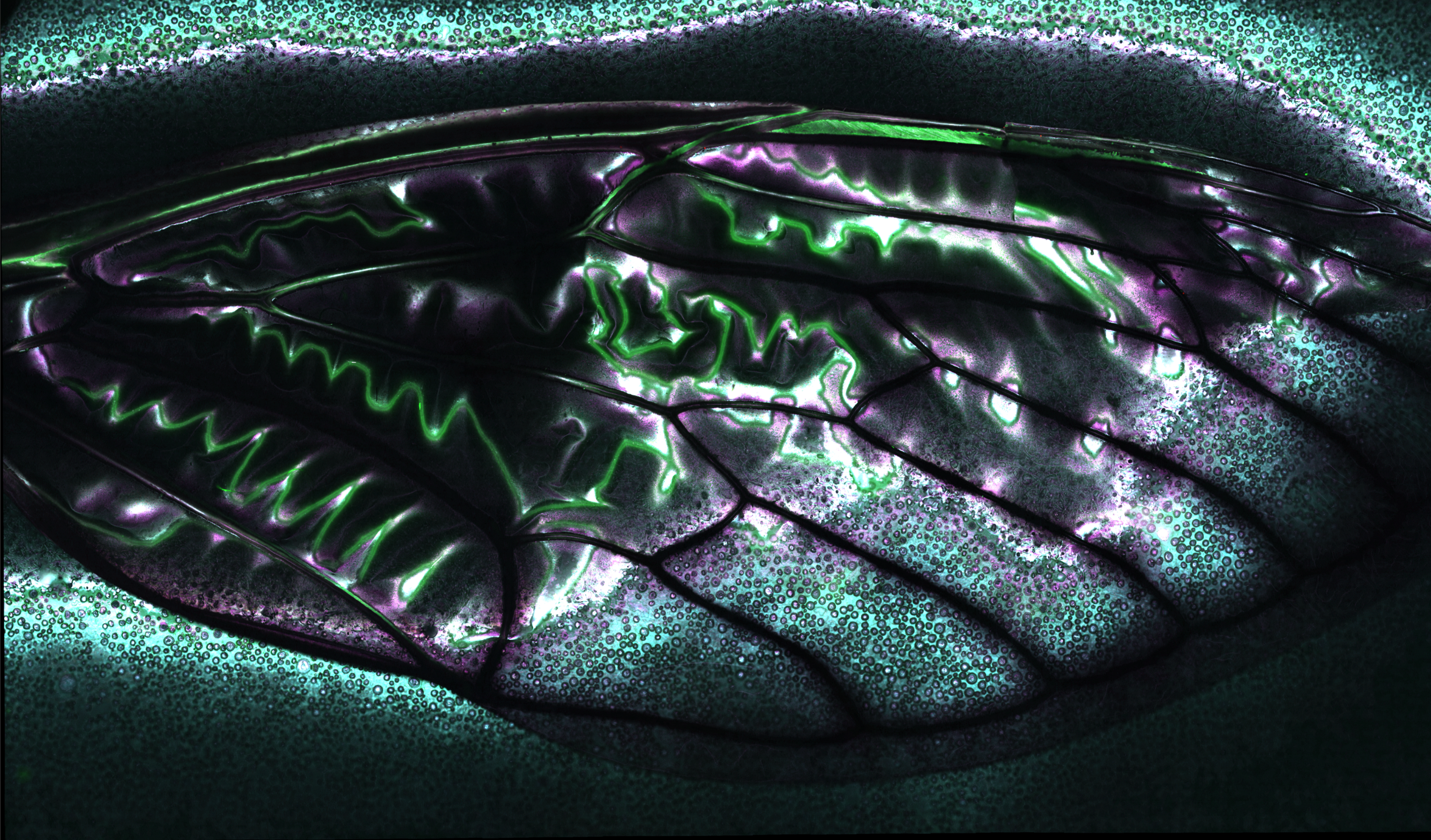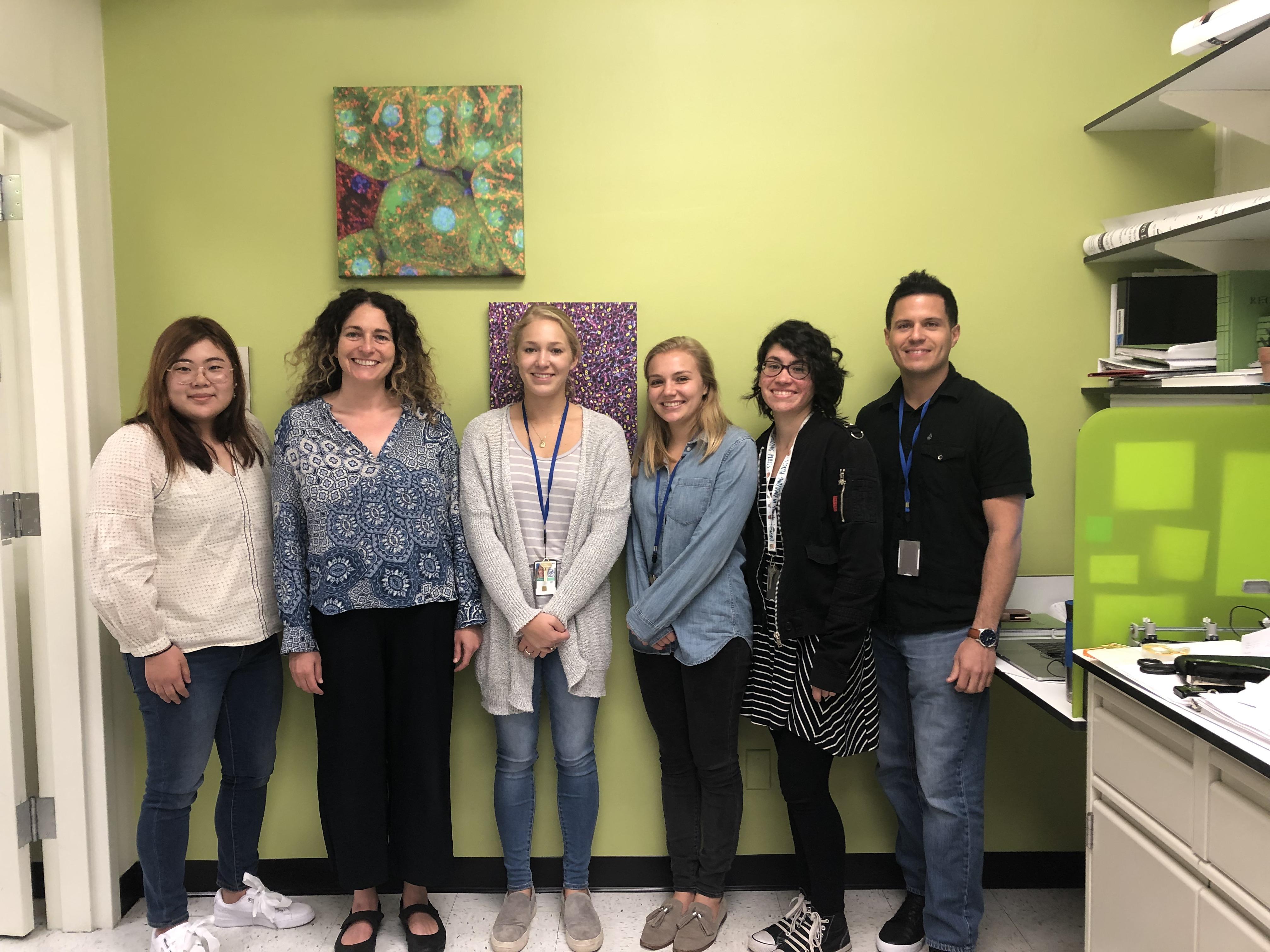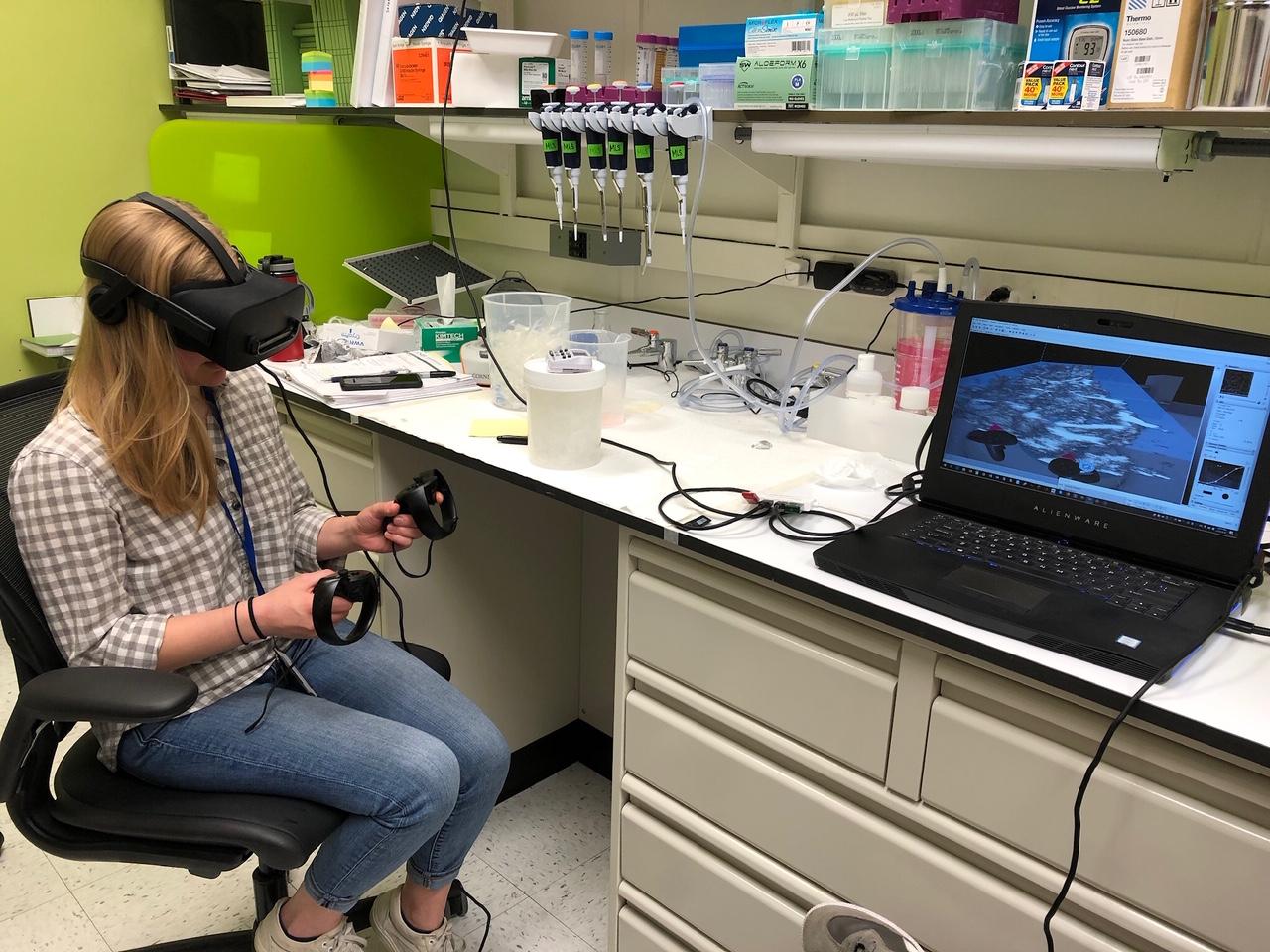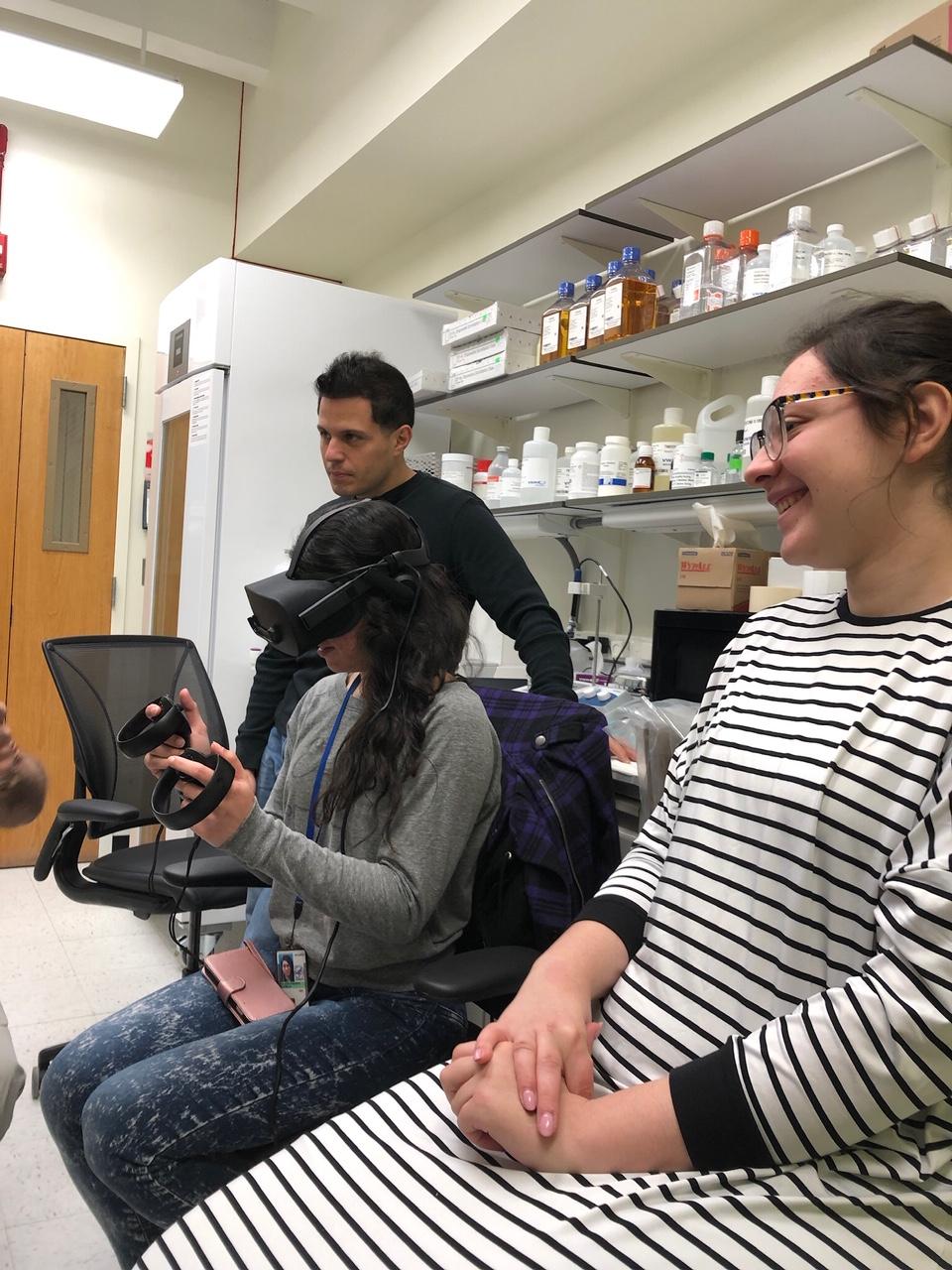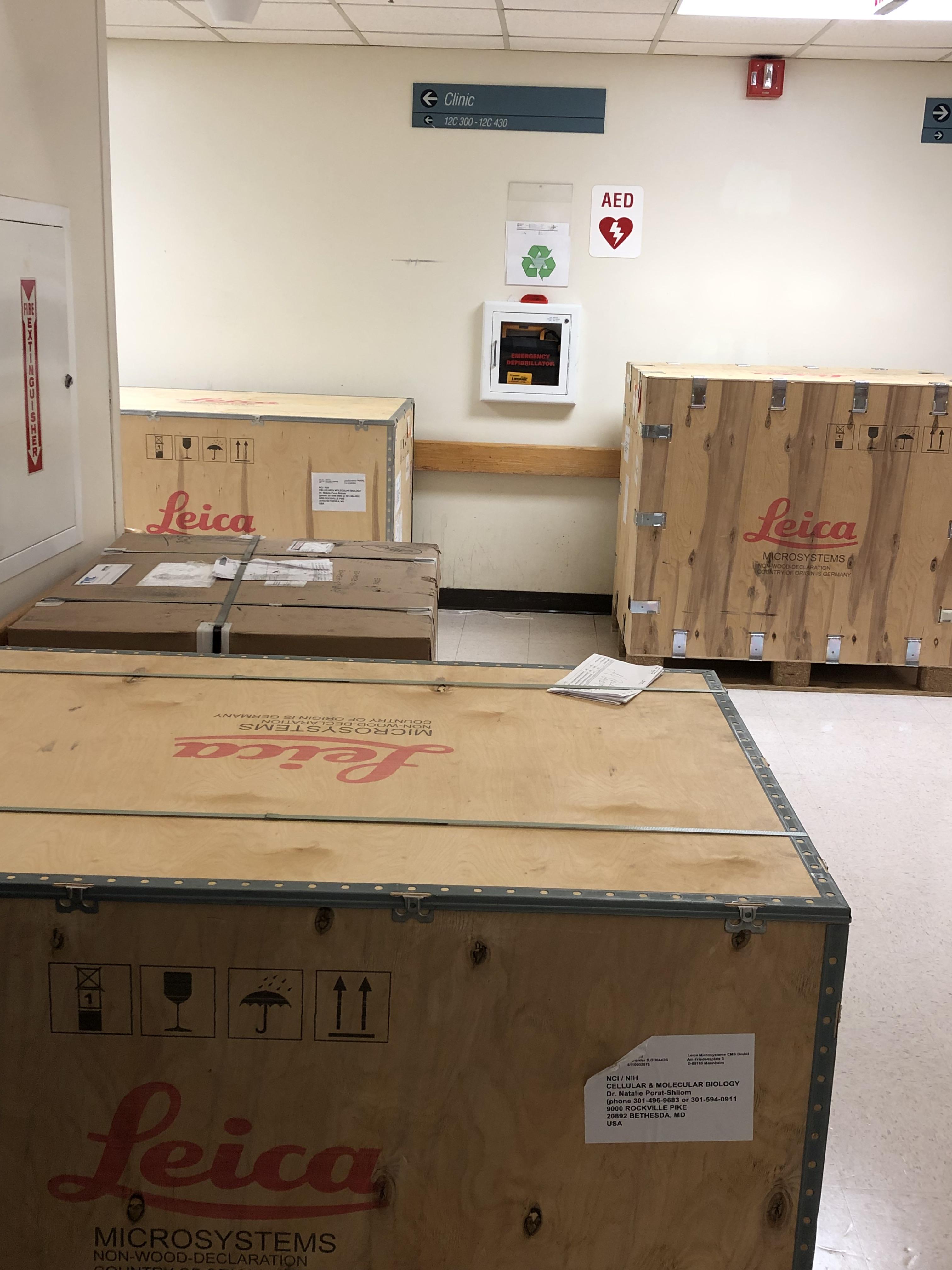
Natalie Porat-Shliom, Ph.D.
- Center for Cancer Research
- National Cancer Institute
- Building 10, Room 12C207 MSC 1919
- Bethesda, MD 20892
- 240-760-6847
- poratshliomn@mail.nih.gov
RESEARCH SUMMARY
Dr. Porat-Shliom is a cell biologist specializing in advanced light microscopy techniques, with a particular focus on intravital microscopy. Her laboratory employs an integrative approach, combining molecular biology, biochemistry, and cutting-edge imaging methods to examine the fundamental principles of liver zonation. Ultimately, her research provides insights into the role of tissue-level compartmentalization in physiology and pathological conditions such as Metabolic Dysfunction-Associated Steatotic Liver Disease (MASLD), and liver cancer.
Areas of Expertise
CCR Liver Cancer Program
A multidisciplinary research network dedicated to improving early detection, diagnosis, prognosis and treatment of liver cancer.

Natalie Porat-Shliom, Ph.D.
Research
Liver anatomy plays a vital role in its metabolic functions. Hepatocytes in the liver are organized in hexagonal units called lobules. Within each lobule, blood flows directionally from the corners of the hexagon resulting in gradients of nutrients, oxygen, and hormones along the periportal–pericentral axis. These gradients, in turn, drive spatially distinct gene expression that drives the spatial separation of metabolic functions, a phenomenon known as liver zonation. Despite liver zonation being identified over a century ago, factors that govern this spatial heterogeneity are not fully understood. Even less explored is the impact of liver zonation on liver disease and cancer (Cunningham and Porat-Shliom Front Physiol 2021). Mitochondria serve as the cellular metabolic hub, continuously adjusting their metabolic output depending on environmental cues. However, how liver zonation affects mitochondrial functions is largely unexplored.
Our team investigates the fascinating relationship between liver anatomy and metabolism using murine models and human samples. We perturb hepatic functions using genetic, hormonal, and dietary manipulation and investigate mitochondria responses at the cellular, tissue, and organism levels.
Publications
- Bibliography Link
- View Dr. Porat-Shliom's PubMed Summary
- ORCID profile
Compartmentalization, cooperation, and communication: The 3Cs of Hepatocyte zonation
Biography

Natalie Porat-Shliom, Ph.D.
Dr. Porat-Shliom received her B.Sc. in biology, M.Sc. in neurobiology, and Ph.D. in cell biology from Tel Aviv University, Israel. Her Ph.D. research was performed at the NIH through the Graduate Partnerships Program under Prof. Yoel Kloog (Tel Aviv University) and Dr. Julie Donaldson (NHLBI, NIH). For her postdoctoral training, Dr. Porat-Shliom joined the laboratory of Dr. Roberto Weigert (NCI, NIH), where she specialized in intravital microscopy, studying mitochondria in the salivary gland for which she received the NIH Pathway to Independence Award (K99/R00). In 2018, Dr. Porat-Shliom joined as a Tenure Track Investigator. Dr. Porat-Shliom serves on the editorial board of Cancer Prevention Research and participates in career development workshops to help guide the next generation of scientists.
Job Vacancies
We have no open positions in our group at this time, please check back later.
To see all available positions at CCR, take a look at our Careers page. You can also subscribe to receive CCR's latest job and training opportunities in your inbox.
Team
News
Picture of the Day
May 17, 2024 - Our work on mitochondria zonation in the liver was highlighted in BPoD Biomedical picture of the day.
Gallery
Lab Life
Lab Giving celebration, November 2024
Farewell party to Sophie Kang, July 2024.
Alumni
Sun Woo Sophie Kang, Ph.D. 2019-2024 Postdoctoral Fellow (Visiting) | Colin Miller, B.S. 2022-2024 Postbaccalaureate Fellow | Mercedes Cornelius, B.S. 2022-2024 Graduate Student |
Rory Cunningham, Ph.D. 2020-2022 Postdoctoral Fellow (Visiting) | Madison Marasco, B.S. 2019-2020 Postbaccalaureate Fellow | Daniel Feliciano, Ph.D. 2018-2020 Postdoctoral Fellow |
Suehelay Acevedo-Acevedo, Ph.D. 2018-2020 Postdoctoral Fellow | Megan L. Stefkovich, B.S. 2018-2020 Postbaccalaureate Fellow |
